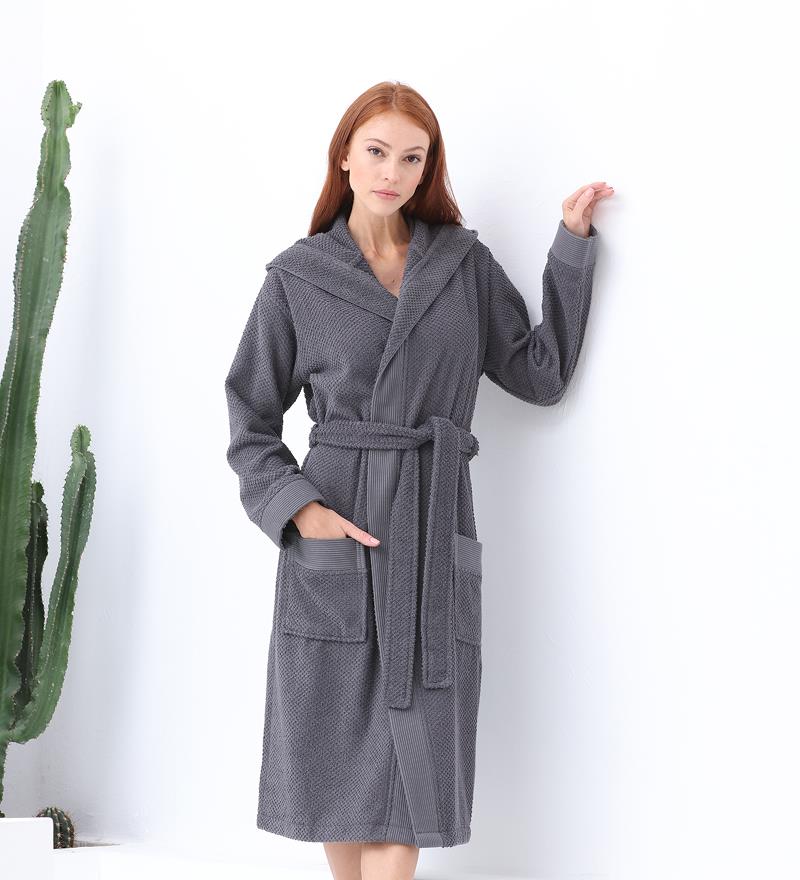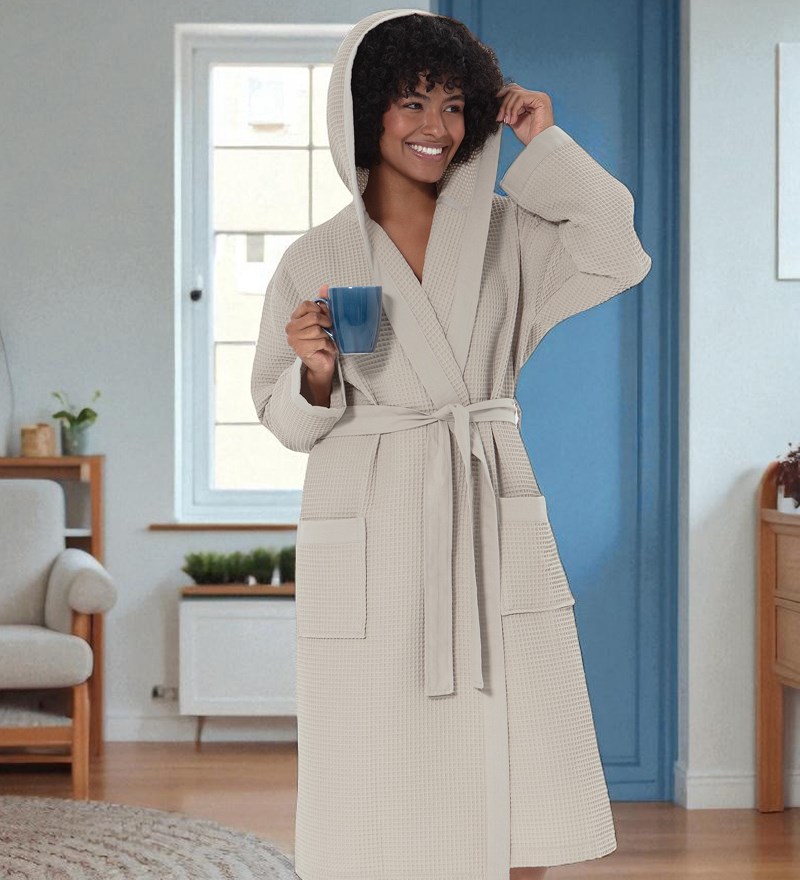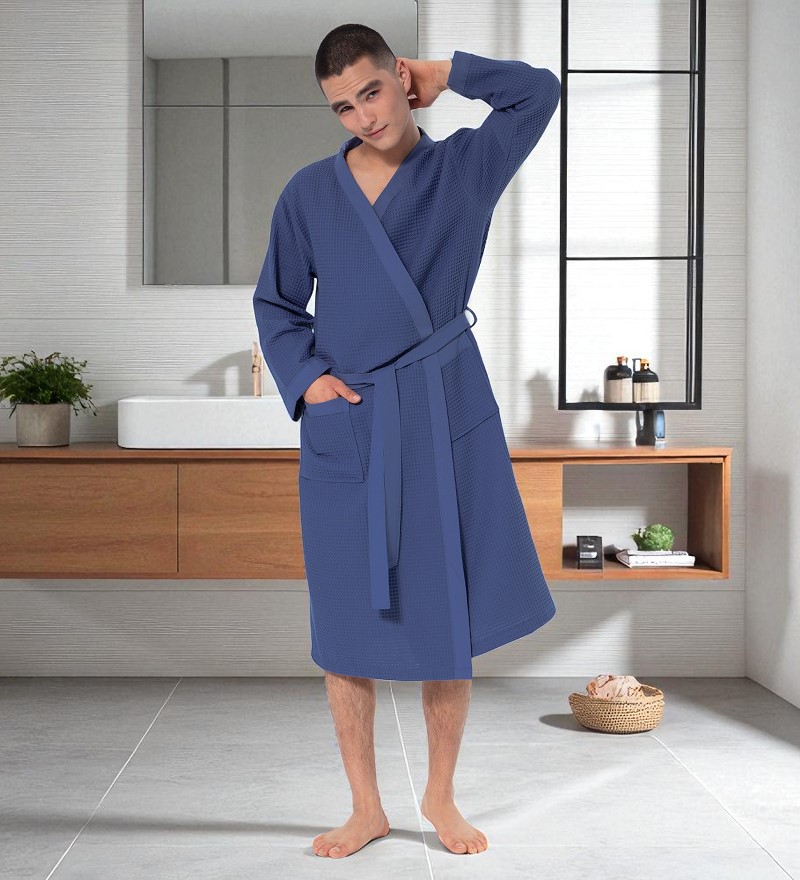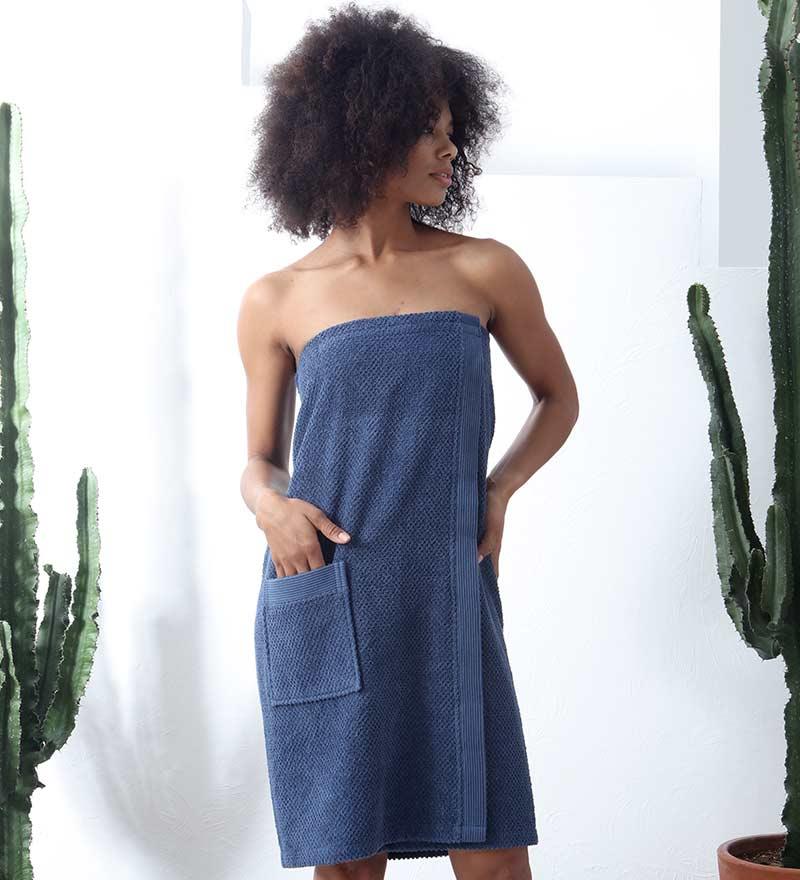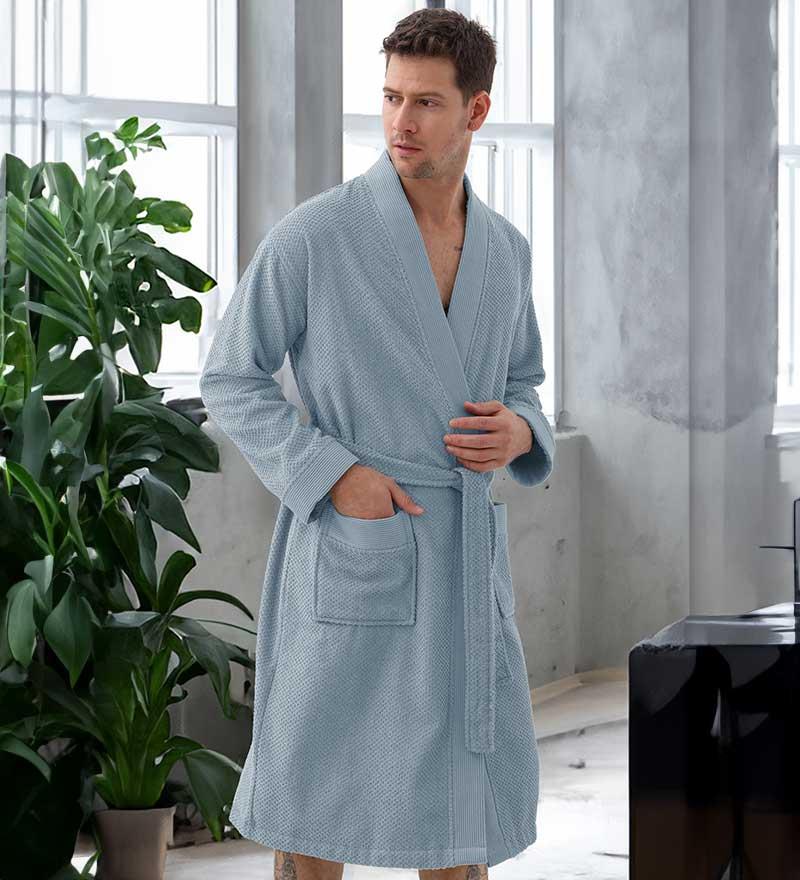

Offering high-quality bathrobes for both women and men with GOTS certification
Our commitment to excellence is reflected in our use of the Global Organic Textile Standard (GOTS) certification for our products. GOTS is a benchmark for organic textiles, ensuring environmentally friendly and socially responsible manufacturing processes.
FREE STANDART DELIVERY
Enjoy Free Standard Delivery Across Our Entire Site: At SEYANTE, we're dedicated to providing an unmatched shopping experience. We're offering free domestic shipping, encompassing all 50 States and even military bases. Find out more about our shipping policy here.
STRESS-FREE SHOPPING
We're dedicated to your complete satisfaction, so we've made returning items easier than ever. Enjoy our 90-day free return policy, ensuring you have ample time to decide on the perfect luxury bathrobe for your comfort. Experience worry-free shopping and learn more about our customer-friendly return policy here.
ONLINE CUSTOMER SERVICE
Always Here to Assist - SEYANTE's Commitment: At SEYANTE, customer satisfaction is our priority. Need any assistance? Our team is eager to support you. For a prompt response, please direct your queries to our 'Contact Us' page.



